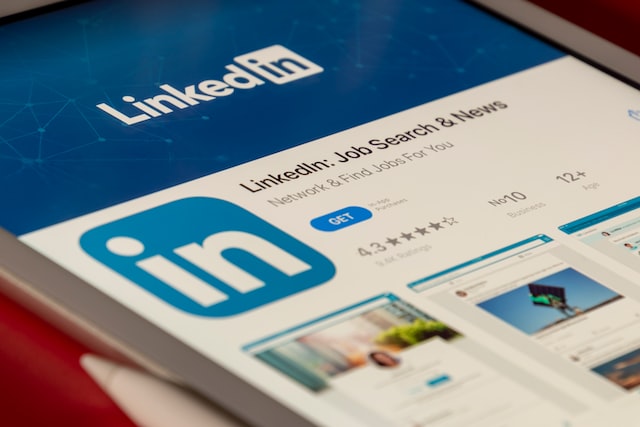LinkedIn is a great networking platform for professionals across all industries. However, it can give hackers insight into your work and your company, and arm them with information they can use to manipulate you into giving away company secrets.
Why would hackers target you through LinkedIn?
People in senior or strategic positions at companies – for example, scientists or researchers – could be vulnerable to being hacked as they hold a lot of information that could be valuable to competitor companies or foreign governments. For example, patent information for a new technology or drug, or strategic information about growth plans in a new market. If targeted the right way, employees could inadvertently become an inside threat to their own company.
How do the scams work?
There are several ways hackers can try and infiltrate your company via your employees on LinkedIn. In all cases, it involves befriending, or romancing, the employee in some way to gain their trust before making seemingly legitimate requests for confidential information.
In one real-life case, someone was approached on LinkedIn by a woman with similar experience and interests. After gaining his trust, and learning the employee’s vulnerabilities, she offered him a job – not uncommon on this platform. But to get the job, he needed to prove his experience by sharing information about confidential projects he was working on.
In another example, an employee at a global oil & gas exploration company was befriended on LinkedIn by someone who claimed to have exposed an environmental scandal her company was involved in. The hacker convinced her to share confidential information with a fake journalist as a way to seek justice.
How to prevent your employees sharing company secrets
As with any social engineering scam, fraudsters are good at learning people’s vulnerabilities – insecurity at work, a strong ethical compass etc., – so it’s crucial to make employees aware that hackers are active on LinkedIn. One of the best prevention methods though, is to work on creating loyalty among your staff. If employees like working for your company, they’re less likely to share information, even if they think the reason is legitimate.
